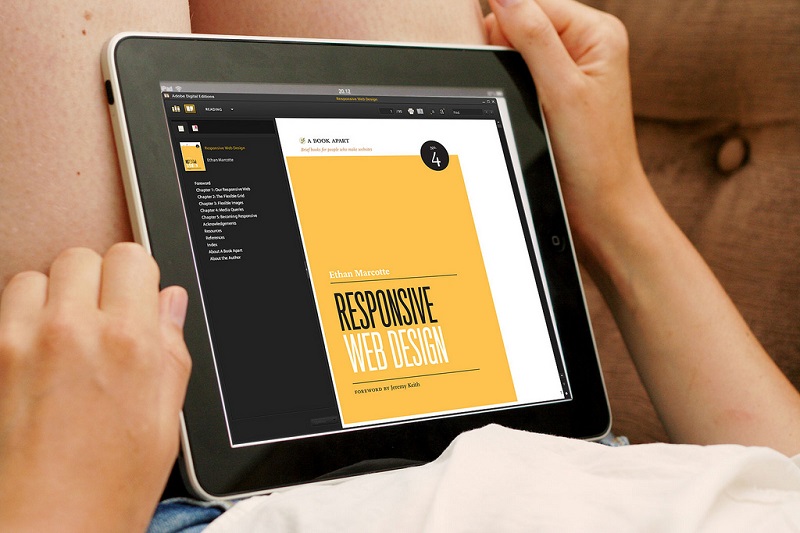Struggling to get ideas of how your website is going to look? If so, then read on.
We’ve put together this little guide to help you make sure you don’t miss out on anything important.
We’re going to be talking about the web pages that you need – little navigational prompts that visitors will use to get around your site.
All successful online businesses understand the importance of their web pages, and there are a few essentials that you have to have in place.
Try them out, and it could help to improve your website’s usability.
Let’s take a look at them now.
A Homepage
Your homepage is usually the first impression of your business that a visitor will see, and it’s vital that you get it right. A great homepage is short and succinct, describing what you do and a summary of who you are.
You only have a few seconds to grab the attention of your visitors, so think wisely about what you put in place.
Bullet points of all the services you provide are a good start, and make sure that you highlight all the benefits you give your customers.
A Products/Services Page
You should also have a page that explains the services you provide. You can go into a lot more depth here, and highlight your expertise in various areas.
If you sell products, then you can add some great descriptions to capture the attention of the visitor.
Again, it’s important to outline the benefits, rather than the technical details.
FAQs
Another thing to think about is preempting the visitor’s fears. What are they likely to be concerned with?
If you can answer any questions they might have there and then, they might be more tempted to take things a step further.
You can also use this page to explain how you work, what your fees are, and to spark their interest a little more.
About Us Page
People like to know who they are dealing with, and the perfect way to show them is by adding an About page.
You can talk about your history and experience, and highlight the differences between you and your competitors.
Include details of your company team, too. Use photos, because people like to put a face to a name, and it will automatically get more of their trust.
In terms of length, you have a couple of options. You can go longer form, like this one by Oliver Wood. Or, you can go short form and keep it simple – check out Apptopia for a great example.
Portfolio Page
If you provide a service, then people are going to want to see examples of your work. Web designers and photographers, for instance, are all judged on their work.
They simply won’t get any business if they don’t have a portfolio.
Put up the best work you possibly can, and explain it well.
Visitors to your website will also want to know how and why you work, not just what you come up with.
Well, that’s our five most important web pages – although there are more to think about, of course.
You should also have a contact page so that people can get in touch with you at a click of a button, for example.
However, the five we mentioned should be your starting point, and will give you effective returns. Good luck!
